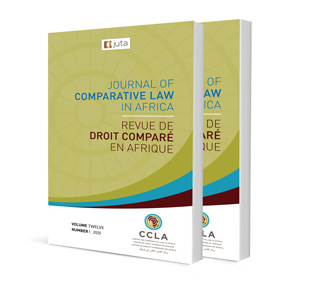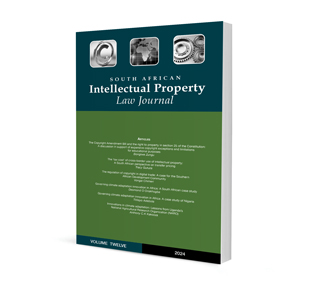La protection juridique des personnes handicapées en matière de droit du travail au Cameroun : entre inclusion et exclusion

La protection juridique des personnes handicapées en matière de droit du travail au Cameroun : entre inclusion et exclusion
Author: Hako Mbouendeu Marie Solange
ISSN: 2521-2605
Affiliations: Enseignante au département de droit privé fondamental de la faculté des sciences juridiques et politiques de l’Université de Douala-Cameroun
Source: Journal of Comparative Law in Africa, Volume 12 Issue 2, p. 220–245
https://doi.org/10.47348/JCLA/v12/i2a8
Abstract
People with disabilities, like all human beings, have the right to dignity and to enjoy a full life, including the right to work. Their legal protection in terms of labour law in Cameroon lies somewhere between inclusion and exclusion. The Cameroonian legislature has adopted a policy of positive discrimination in favour of persons with disabilities, consisting of preferential measures in terms of recruitment and job retention. The intended effect is to restore the balance between able-bodied and disabled workers, most of whom have had a difficult educational background. However, in Cameroon, as in several sub-Saharan African countries, the government’s objectives of economic emergence and the creation of a more just and inclusive society are struggling to materialise; the experiences of persons with disabilities, affected by challenges and vulnerabilities, illustrate this. The reality regarding the protection of persons with disabilities in labour law is sad. Beyond the texts, which enshrine the commendable efforts of Cameroonian legislators, the implementation of this policy is limited, if not non-existent in practice. In short, the inclusive professional integration of persons with disabilities seems to have a long way to go.
